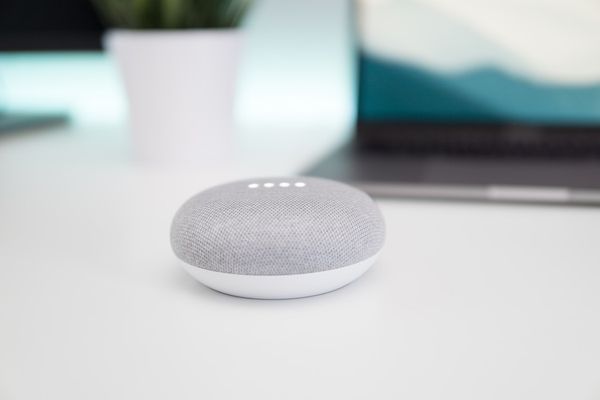Full Speech Ahead: 2019 and Voice Search
Do you ask your Google Assistant questions? Maybe you've asked Siri for something? Or requested Amazon’s Alexa to play your favourite playlist on Spotify?
Chances are, the answer is yes to at least one of them questions. Voice search has been on the rise for the past couple of years. But, 2019 is going to see the disruptive search technology quite literally take off. Don't believe us? Listen up!  Voice search is the future. The technology titans are battling with each other to win the majority market share with Amazon and Google putting voice-enabled technology and devices at the forefront of their core strategies. To kick start this blog post we are going to take you down memory lane and provide you with a speech recognition technology history lesson. Can you hear us? Let’s go!
Voice search is the future. The technology titans are battling with each other to win the majority market share with Amazon and Google putting voice-enabled technology and devices at the forefront of their core strategies. To kick start this blog post we are going to take you down memory lane and provide you with a speech recognition technology history lesson. Can you hear us? Let’s go!
The History of Voice Search
Voice search has only just recently come to be a thing, and the appeal is fascinating that technology and machines can understand us. And, in fact, using technological devices that can recognise voice search requests has become so popular that it leaves us wondering why the world biggest companies didn't bring it about sooner. However, if you look into the history of technology, then it reveals that speech recognition is far from a new concept and dates back to 1784 when Wolfgang von Kempelen created the Acoustic-Mechanical Speech Machine in Vienna. However, it wasn't until the late 18th century that voice search had its foundations laid by the first dictation machine that was invented by Thomas Edison. Although, it wasn't until 1952 that things started to really get moving for speech recognition. During this year, Bell Labs created a machine called Audrey that could fully understand the numbers 0 - 9 with over a 90% accuracy rating. Even more interesting, the 90% rating decreased if somebody other than the inventor spoke to the device, which reflects the contemporary challenge of voice recognition even in the modern day. After 1952, there were many more inventions that contributed to the world of voice search as we know it today. In 1962, IBM created the Shoebox device that could understand 16 words. And, then in 1971, Carnegie Mellon University in Pennsylvania created Harpy which was a device that could understand over 1000 words. Fast-forward to 2008, and that's where the game-changer comes into play. This was the year that Google launched its voice search app which bought speech recognition technology to mobiles devices. And then, only a few years later in 2011, Apple announced the introduction of Siri sparking the new age of voice-enabled personal assistants. In 2019, the main focus is home speakers with many more voice-activated devices due to disrupt the world next year. Headphones, fridges/freezers, home security alarms, they are all on their way. Along with an ever-expanding list of third-party integrated applications.
Who Are the Top Tech Companies and What Are Their Products?
There are four different companies that are currently dominating the world of voice recognition technology. Let's take a look at who they are and what their offerings are.
Digital Assistant: Google Assistant Hardware: Chromecast, Google Home, Google Home Max, Google Home Mini, Pixel Smartphones, Pixelbook Laptop and Pixel Bud Headphones. 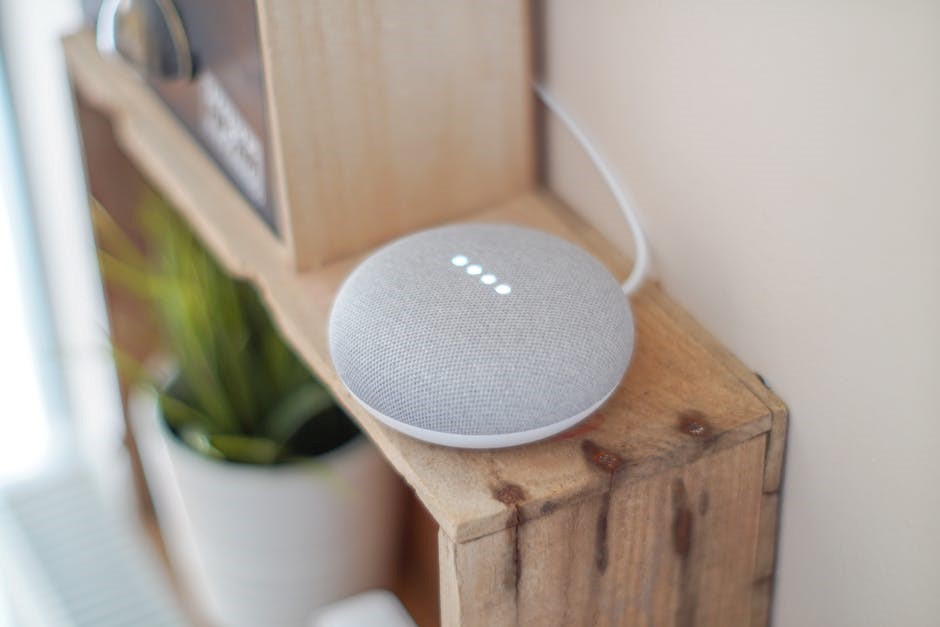 (Pictured: Google Dot)
(Pictured: Google Dot)
Amazon
Digital Assistant: Amazon Alexa Hardware: Kindle, Fire TV Stick, Echo, Echo Show and Echo Dot. 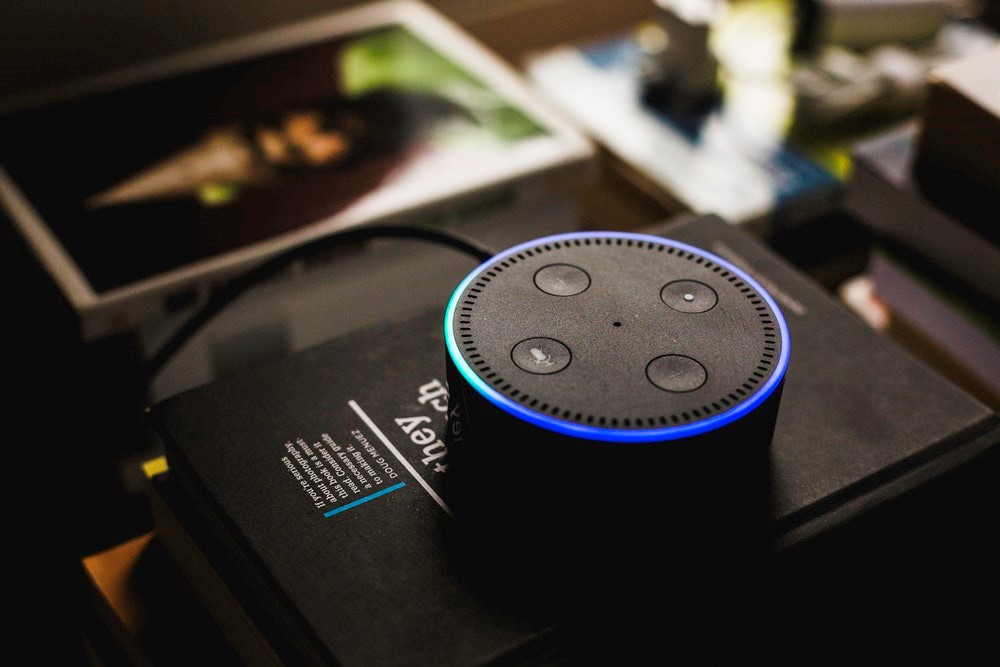 (Pictured: Echo Dot)
(Pictured: Echo Dot)
Apple
Digital Assistant: Siri Hardware: MacBook Pro, MacBook Air, iPad, iPhone, HomePod and AirPods. 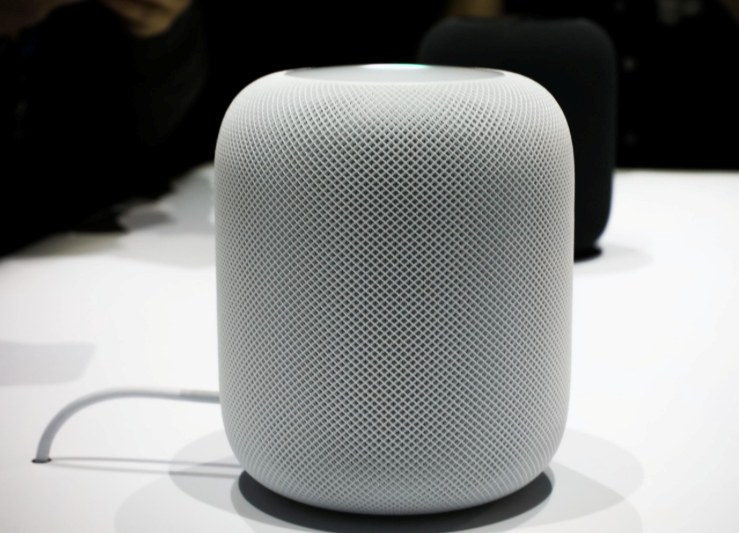 (Pictured: Apple HomePod)
(Pictured: Apple HomePod)
Microsoft
Digital Assistant: Cortana Hardware: Windows Smartphones and Microsoft Computers/Laptops 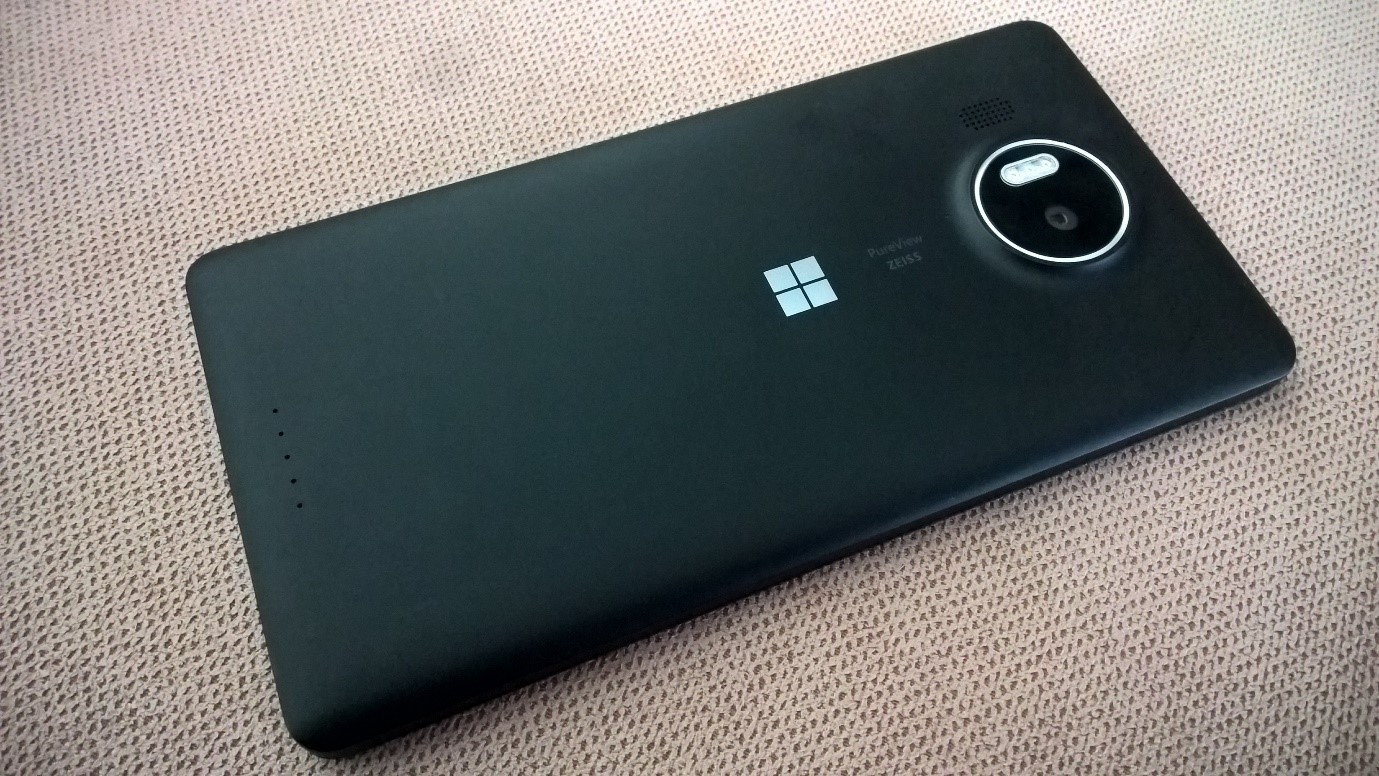 (Pictured: Windows Smartphone)
(Pictured: Windows Smartphone)
Voice Search as Part of The Broader Digital Marketing Spectrum
One of the greatest things about digital marketing and the future is that nobody knows what going to happen. We can throw around many predictions about what it might hold. But nothing is certain. However, one thing that we can sure of is that voice search is going nowhere and will be ingrained into the broader digital marketing spectrum. There are currently 11 different types of digital marketing, but by the end of 2019, voice search will become the 12th and the current statistics guarantee this.
Worldwide Voice Search Statistics 2019
- Voice-based searches using a mobile device are 3 times more likely to be location based. Coffee shops near me etc. By 2020, 50% of all searches on the internet will be made using voice.
- By 2020, 30% of all internet searches will be done using a mobile device without a screen.
- 20% of searches on a mobile device are voice-based.
- Internet search queries made using voice are longer than as compared with regular text-based searches making long-tail keywords more important for SEO purposes.
- 20% of the adults use mobile voice search at least once each month.
- Surprisingly, 10% of 55-64-year-olds also use voice search on their mobile devices.
- 60% of all mobile device owners had tried voice search at least once last year.
- 55% of all teenagers are using voice search for internet queries on a daily basis.
Why Is Voice Search Good for Search Engine Optimisation?
Despite voice search only really just taking off during the past couple of years, we are only just reaching the point where the technology is starting to interest SEO specialists. So far, voice search optimisation hasn't advanced much beyond the retooling and keyword research stages. But this isn't likely to remain the case for too long if the tech giants are going to go full steam ahead with their voice search strategies. So, the question is "why should businesses bother optimising for voice search in 2019?". Well, let’s put it this way. If desktop websites can benefit from mobile optimisation or more importantly be penalised by the lack of it then what’s saying that this isn't going to be the case with voice search? So, if you take that into consideration, this could be what happens to websites if they don't start playing the voice search game at an early stage. There are a few benefits from jumping on the voice search optimisation bandwagon now. Just like mobile, it is possible that Google will treat a page as optimised for voice search. Using mobile as an example again, a mobile optimised website is fast, user-friendly, well-structured and all of these elements will help it rank well on Google. So, the question is, what other areas could voice search optimisation crossover with desktop and mobile to benefit all 3? Local marketing. Local SEO has always been to be a tough environment to compete in for small businesses. But if voice search continues on its current trajectory, then we may see a new way for businesses to market themselves in their local marketplace. For example, if somebody is sitting at home on their laptop and search for their local coffee shop on Google then what good is that? Does it get them into the coffee shop and buying a drink? Now let's say that they are on their way to a business meeting and use their phone to find the coffee shop; it would go something like this..."OK, Google…where’s the best coffee shop near me. They can select from the results, and then Google Maps will take them there. Voice search is brilliant for long-tail keywords. This is an interesting one because if you think about Google's preference for long-tail keywords, it could suggest that they are already starting to ramp up for voice search. Think about the way you would search for something on a desktop compared to if you were going to use voice search. Your search would generally be longer, therefore more relatable to long-tail keywords.
Voice Search Could Change How Everyone Shops Online
One thing that we do already know is that voice search can make online shopping much easier. It means that you can call upon your digital assistant from the comfort of your own home and ask it to order your shopping and also make repeat orders that sound like this...Alexa, order more Ben and Jerry's Cookie Dough". (Because that is the best flavour, right?) Voice search may also make it a lot easier for users to leave product reviews. Together with making them more important and influential. Instead of having to go out of our way to log into a website and type out a review, it might be the digital assistants that ask us the questions, and then we can just leave reviews by answering them.
How Can Businesses and Marketers Prepare for This?
Like with any new trend or piece of technology, if businesses do not adjust and adapt, then they will lose customers to those who are on board. And, this includes the voice search party. If a customer segment wants companies like yours to be searchable by voice, then it's your responsibility to that happen for them. And, there are some simple steps that you can make to start getting ready. Make sure that your web content is relevant. Voice search makes it even more important to produce content that is relevant to your target audience. But, more importantly to the voice search queries that you want to rank for. Evaluate your online reputation. A bad online reputation can affect your search rankings on desktop, and it can also affect the way you rank for voice search. You need to make sure that your company is highly regarded in the industry that you specialise in. Evaluate your current online efforts. If you are going to make changes to your business's online presence, then it’s always a good idea to evaluate what you are already doing. It's important, but more to aware of that voice search is an important element of your overall marketing strategy., Optimise for local searches. For small local businesses, optimising for local voice search is something that cannot be missed. Everyone is looking for a local coffee shop or local cafe and having these kinds of search terms optimised for voice will help you appear when people are searching for them. Local SEO, Google Maps and near me searches are going to be extremely powerful when voice search really takes off, so it’s important to make sure that you have Google My Business set up and your business listings up to date.
What Does Voice Search Mean for Digital Marketing?
This is an answer that isn't truly known. However, one thing we can be certain about is that it is going to disrupt the current landscape of marketing immensely. The visual aspect of the internet and the way we search has been an integral element of its rise and the business side of it. Everything so far has been about on-screen user experience and search engine optimisation. But, when voice search comes into play, these aspects get thrown out the window. This is why Google's and Amazon's voice search products are more disrupting than Siri which is a mobile voice assistant. Online advertising is a monumental part of the internet and generates incredible amounts of revenue and return on investment for businesses across the globe. If in the future, voice search really takes the lion's share of online search, then ranking and website placement will completely change. And, we are already at the stage where businesses are asking questions like "How are we going to make sure we are coming up when a user searches? and "Will we be able to have sponsored voice search results in the near future?". At this point in time, nobody knows the definitive answer, which is why it’s important for businesses to start ramping up for the changes now, rather than later. One thing is for sure though, voice search is about to rock the foundations of internet usage as we know it.


